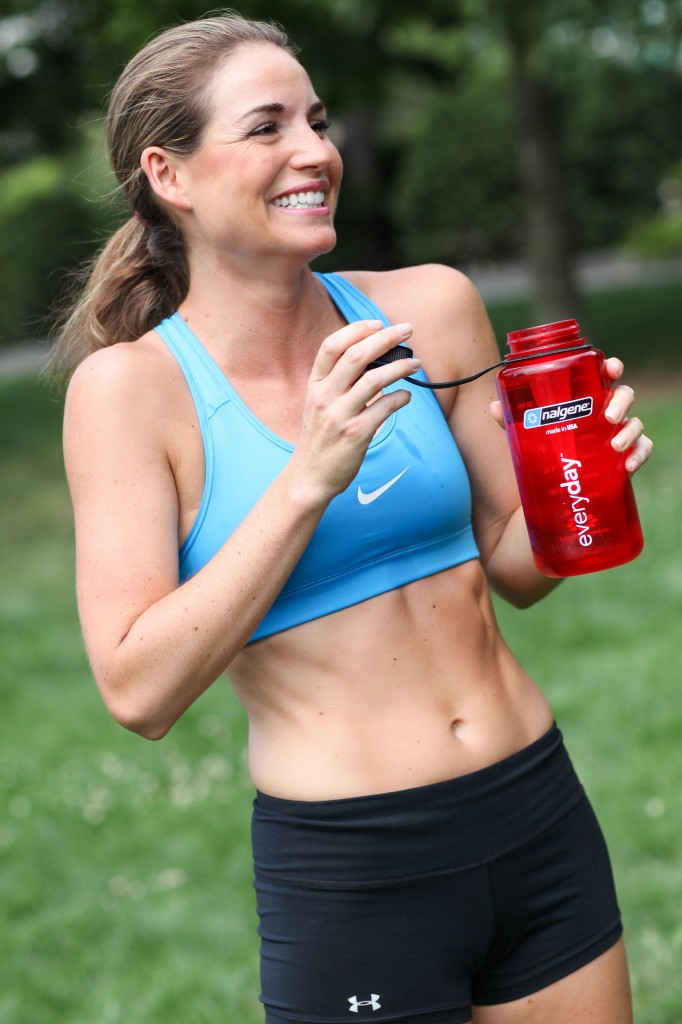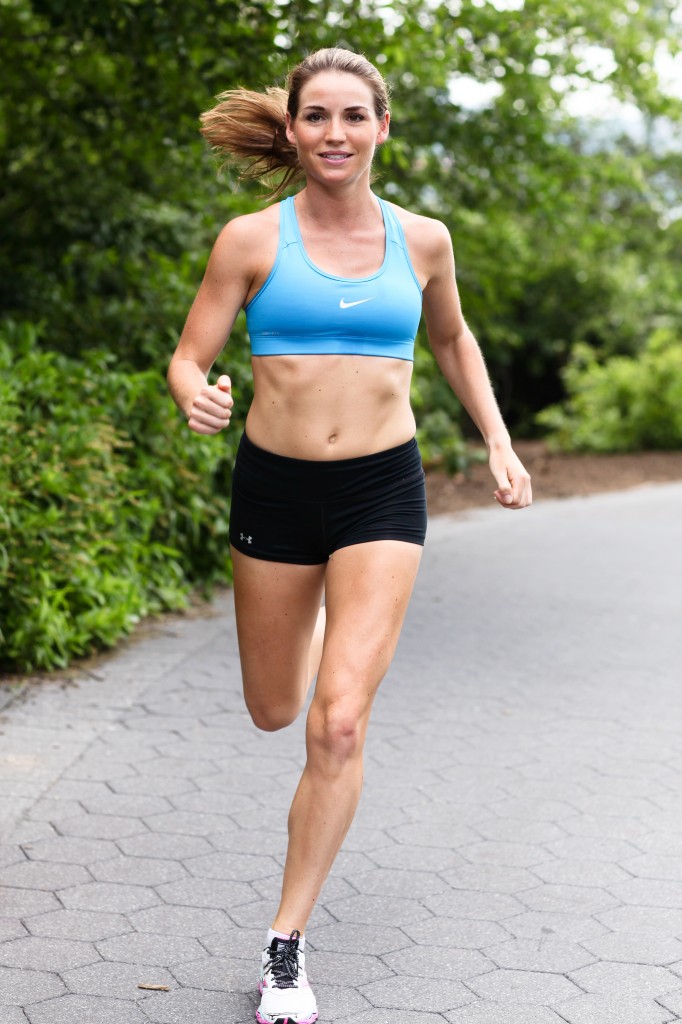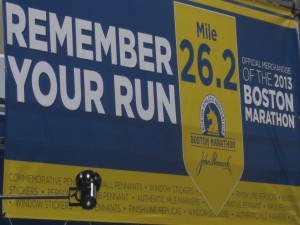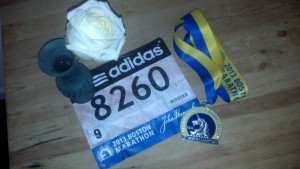You know the feeling. You lifted more than ever before. Sweat out a terrible day. Ran a hard track workout strong. Conquered that 20-mile training run like a badass. Whatever the accomplishment, you know the feeling. I LOVE that feeling. It’s the feeling of progress. Of success. Of pay-off.
While that feeling doesn’t happen every day, or even every week, it’s one that we relish in when it happens. It’s what drives us to push through those tough or mediocre workouts. There’s always the chance that this could be the day for that great triumph.
When marathon training, these workouts are what keep us sane. Months of training not only wears on our bodies, but also on our minds and spirits. Injury and burnout are potentially knocking on the door. When a workout goes wrong, we question or abilities. When a workout goes right – we dream of progress, and what we are truly capable of.
The best thing, and what we all hope for: come race day, we have that awesome “workout.” That its the day we feel optimistic and focused in the eyes of fatigue and hitting the wall. That we push through, knowing it can get better. Our training, the combination of good days and bad days are what mentally prepare us for race day. We’ve learned when to push, and also learned when to settle and relax.
The marathon, just like most goals, are about the journey. We wouldn’t truly appreciate the highs without the lows.
So the next time you have a terrible workout, remember that you are just setting yourself up to really enjoy the thrill of a fantastic workout in the future.








